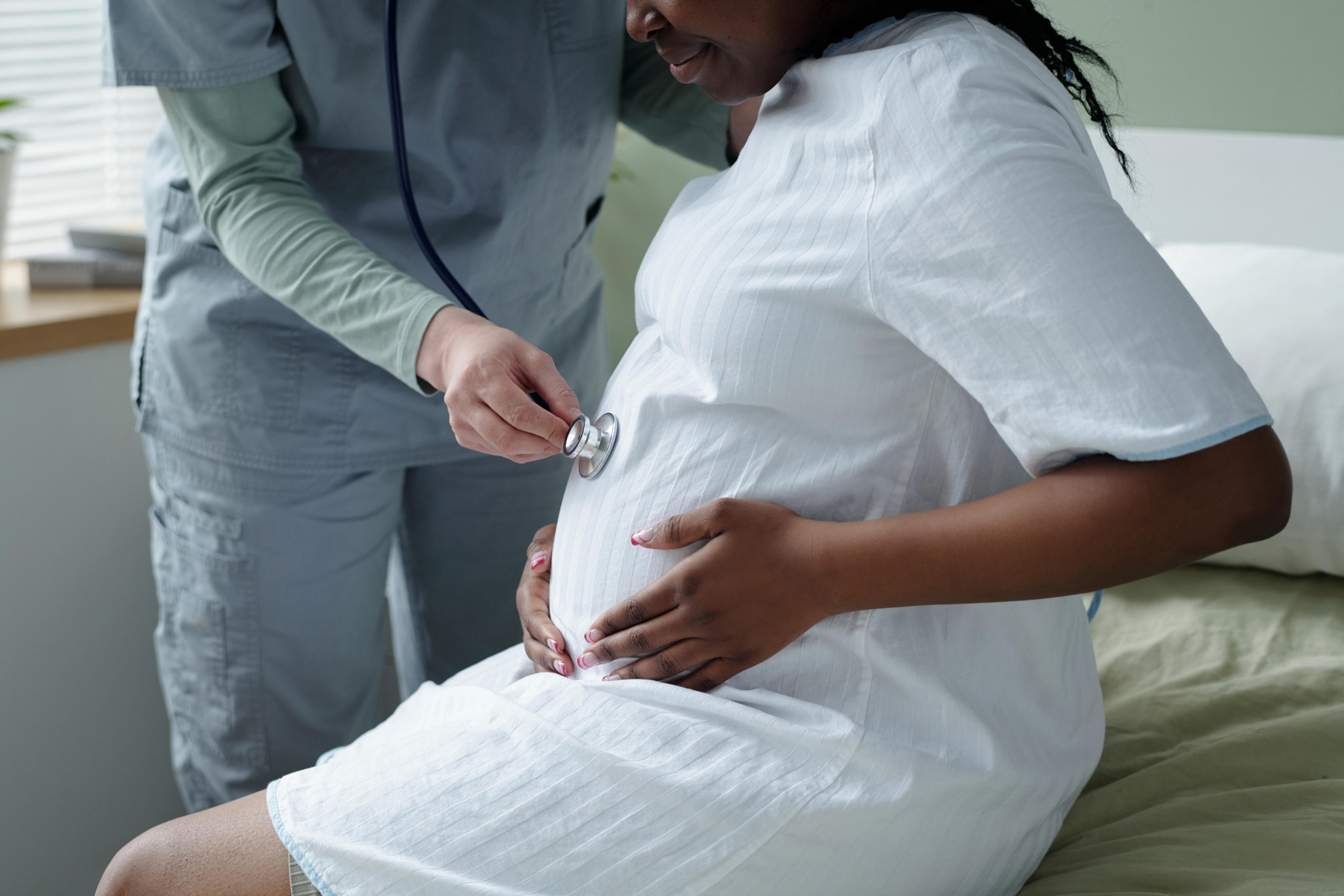Advanced Maternal Age: What to Know About Pregnancy After Age 35

Lindsay Knake
| 4 min read
Lindsay Knake is a brand journalist for Blue Cross B...

More women are having children after age 35. From 2010 to 2019, the birth rate for women age 35 to 39 increased from 45.9 per 1,000 to 52.7 per 1,000, according to the U.S. Centers for Disease Control and Prevention.
More women are delaying parenthood to improve financial security and careers. As women get older, the risks of various pregnancy and infant complications increase. Let’s look at advanced maternal age and what to know about pregnancy after age 35.
What is advanced maternal age and what are the risks?
Advanced maternal age, previously known as geriatric pregnancy, refers to a pregnancy at or after age 35. Most women who do become pregnant after age 35 have healthy babies and remain healthy themselves. If you plan to have a child in your late 30s or early 40s, it is important to be aware of the risks.
Decreased fertility
For many women, fertility begins to decrease at that age and even more rapidly at age 37 as the quantity and quality of eggs decrease, according to Johns Hopkins University. Pregnancy is highly unlikely after age 45, but it is possible until menopause begins. It may take women longer to get pregnant; talk to your doctor if you haven’t been able to conceive after six months.
As women get older, the risk of miscarriage and stillbirth increase. According to the Mayo Clinic, this may be because of the decrease in egg quality and higher risk of chronic conditions.
C-section
Women of advanced maternal age have a higher risk of a cesarean, or C-section delivery because of pregnancy-related complications, but most births are by vaginal delivery. Women younger than 35 have 20% incidence of a c-section, while women 35 to 40 have a 26% incidence and women older than 40 have a 30% incidence, according to a study.
Increased chance of twins
The chance of a multiple pregnancy, or having twins, increases with age. Hormonal changes that cause the release of two or more eggs at the same time may be a cause, per the Mayo Clinic. People using assisted reproductive technology such as in vitro fertilization may also have higher chance of a multiple pregnancy.
Premature birth and smaller babies
Women are more likely to have premature births and smaller babies as they age. There are several reasons, including lower progesterone levels or the babies getting fewer nutrients from the placenta.
Chromosomal abnormalities
Chromosomal conditions are more frequent, although still rare, in women older than 35. The most common is Down syndrome.
High blood pressure and preeclampsia
The risk of high blood pressure and preeclampsia, a condition characterized by high blood pressure during pregnancy or birth, increase with age.
Gestational diabetes
Diabetes that develops during pregnancy, called gestational diabetes, is more common with women in their 30s and 40s. Gestational diabetes can increase the risk of preterm birth, high blood pressure or complications. Screenings are recommended during pregnancy to check for blood sugar levels.
How to prepare for pregnancy after age 35
Most women who have children after age 35 will remain healthy and have healthy babies. To prepare for pregnancy, here are steps to take:
Make a preconception appointment.
Talk to your doctor about pregnancy after age 35. Your health care provider can help you identify possible risks or lifestyle changes to improve your chance of a health pregnancy and baby.
Attend your prenatal appointments.
Stay in contact with your health care providers and attend your prenatal appointments to monitor your health, get recommended screenings and talk about any concerns.
Eat a healthy diet and get exercise.
Eating a healthy diet with nutrients that include calcium, vitamin D, folic acid and iron. Your doctor may also recommend prenatal vitamins to help you get the nutrients you need for a healthy pregnancy.
As you are able, stay active with gentle exercise to improve your strength and overall health. This can help with childbirth and recovery. Talk to your doctor about exercising during pregnancy.
Avoid alcohol, cigarettes and drugs
At any age, women should avoid alcohol, cigarettes and illegal drugs as they can harm both mother and child. Talk to your doctor about which medications to take and avoid while pregnant.
Image: Getty Images
Related:





